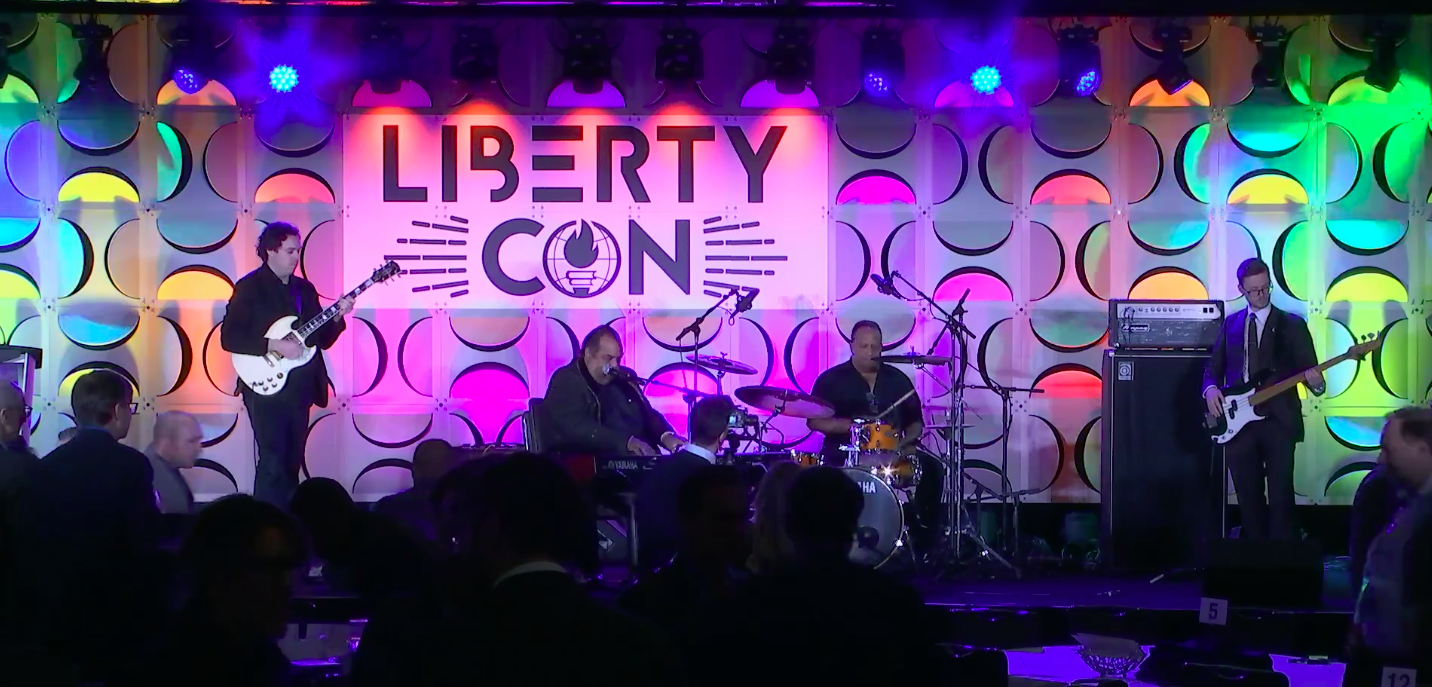Freedom of speech is a bedrock of libertarian thought, but why do we bother to defend it?
Is free expression only an instrumental good, i.e., good because it results in good consequences? Or is it intrinsically good, in and of itself? The answer is both.
Free speech is instrumental to revealing the truth through open dialogue.
When Cathy Newman famously asked Jordan Peterson why his right to speak freely is more legitimate than somebody’s “right” not to be offended, he responded that risking offense is a necessary condition of reaching this truth.
Ok, but what about when someone says things that don’t lead us towards a certain truth, and they’re being terrible for the sake of it?
The first thing to consider is most “terrible” things are simply arbitrary interpretations, and don’t constitute objective grounds for silence.
In the 1980s, religious conservatives were desperate to censor metal bands such as Twisted Sister for lyrics they personally deemed to be vulgar, inflammatory, and sacrilege.
In the present day, progressives actively attempt to “cancel” those people whose statements they personally determine to be bigoted, racist, ignorant, or “problematic.”
But even when speech is objectively hateful, mean-spirited, or otherwise unsavory, words alone do not necessarily violate anyone’s autonomy and so must be permitted.
We recognize autonomy in all sorts of areas when it comes to things like relationships, citizenship, and owning property; free speech is an extension of this concept.
The onus is instead on the censors as to why they have the authority to curb someone else’s expression. Of course, we recognize that when speech directly violates the rights of others or you are on someone else’s property, there may be grounds for intervention.
But these examples are not the same as the personal whims of those who would silence us.
If you are interested in getting involved in promoting the ideas of liberty while also developing your skills and meeting many like-minded students from across the world, click on the button below to apply for our Local Coordinator Program.
This piece solely expresses the opinion of the author and not necessarily the organization as a whole. Students For Liberty is committed to facilitating a broad dialogue for liberty, representing a variety of opinions. If you’re a student interested in presenting your perspective on this blog, send your piece to [email protected], and mention SFL Blog in the email subject line for your chance to be published and be seen!









